It’s official now: Calgary Herald political columnist Don Braid has breathlessly reported, to paraphrase the headline on his column Thursday, that it was the threat of federal fines that pushed the Alberta Energy War Room into the government fold.
The subhead on Braid’s story continued: “The main reason is federal Bill C-59, which has passed third reading in the House of Commons and is now before the Senate.”
Well, folks, remember where you heard it first.
As I wrote on June 5 about the truth-in-advertising requirement to be added to the Competition Act, if the Fall Economic Statement Implementation Act, 2023, passes, the threat presented to fossil fuel industry bosses is actually quite small.
Just the same, I wrote, the danger was greater for the three directors of the Canadian Energy Centre Ltd. as former premier Jason Kenney’s Alberta Energy War Room was officially known. After all, unlike oil and gas companies, the principal business of the war room was propaganda, and propaganda about petroleum extraction inevitably tends toward greenwashing.
The three directors, of course, are Brian Jean, Rebecca Schulz and Mickey Amery, the UCP government’s ministers of energy, environment and justice.
Premier Danielle Smith was speaking a small untruth when she claimed, in a story published in the same day’s edition of the Herald, that the war room was folded into the intergovernmental relations department, in the reporter’s words, “because she believes the province should lead the fight to message for the oil and gas industry.”
She’s right, of course, that the government should depend on “good, credible research and data on the state of our industry” and leave the fighting to the political level.
She’s pulling our legs, though, if she’s pretending the war room was set up by her predecessor to deliver good, credible research.
From the get-go, it was intended as a propaganda house, set up as a private corporation to hide what it was doing with all the money funnelled through it under the provincial government’s continuing carbon tax, the so-called Technology Innovation and Emissions Reduction regulation.
This naturally raised suspicions, which have never been fully put to rest because of the war room’s built-in lack of transparency, that it was in effect a money laundering scheme to transfer public funds to political purposes. What was crystal clear, though, is that its purpose was greenwashing — and Ottawa is now moving to put an anti-greenwashing provision into law.
As for Braid’s column, while he accurately identifies the government’s panicky concern about the war room’s misleading advertising, he adopts whole cloth the UCP’s colourful doomsday interpretation of the small change to the Competition Act.
Braid is peddling the government’s nonsense when he claims, “Bill C-59 is appallingly undemocratic and an affront to free speech.” It is nothing of the sort.
He goes on to call the Competition Bureau a “kangaroo court” and raise the appalling prospect of the industry having to tell the truth in its advertising. “Under the federal bill, industry will have to prove their claims are correct. The onus is on them, not the complainant.”
As noted in my June 5 story, an oil and gas corporation and its executives would have to work very hard indeed to qualify for jail time, as Schulz misleadingly claimed they could in her May 29 statement.
That statement conflated NDP MP Charlie Angus’s private member’s bill, which will die on the Order paper, and the new greenwashing provision added as an amendment to the Competition Act.
The former did include provisions for jail sentences.
The latter does not, except in provisions that are already in the Competition Act, and which can only come into effect when someone engaged in violating the act refuses to obey a court order to stop.
This is not clear from the May 29 statement, and since the minister and her staff had to know this, it is fair to conclude that their intention was to mislead the public.
Schulz’s statement “begins by talking about jail time referring to a different piece of proposed legislation, Bill C-372, An Act respecting fossil fuel advertising,” Ecojustice lawyer Tanya Jemec explained in an emailed response to a question.
“Bill C-372 was introduced by MP Angus in February 2024,” she said. “That bill does contain offences and punishment including the potential for imprisonment. That bill has completed first reading in the House of Commons but is ‘outside the order of precedence,’ which means it has not been selected for debate by the House; i.e., it is very unlikely to continue through Parliament and become law.”
“Ms. Schulz then goes on to criticize the proposed amendment of the Competition Act in Bill C-59 that would add to the deceptive marketing provisions in s. 74.01(1) (i.e., requiring certain environmental claims to be based on tests or other substantiation),” Jemec continued.
“A court is not empowered to order imprisonment for violations of these deceptive marketing provisions.”
“However, you are correct, that if a person contravenes a court order (except failure to pay an ordered fine), then there is the possibility of a fine or imprisonment (s. 66). It is useful to note that many federal and provincial laws provide for the possibility of jail time, but rarely does this occur, particularly for white collar crimes. It very much depends on the nature and seriousness of the offence.”
She added: “If a person has engaged in the offence of knowingly or recklessly making false or misleading representations (Competition Act, s. 52) imprisonment could also be ordered. (This is an existing provision in the Act and is known as a criminal offence, unlike s. 74.01 which is a civil offence and is of lower severity because the representation does not have to be knowing or reckless.)”
The Competition Act’s current provisions dealing with false or misleading offences are broad and not specifically about greenwashing, she said, “although conduct that is greenwashing could be found to be false or misleading.”
Jemec also noted that the Competition Act’s existing section about false and misleading representations does not require proof that the members of the public to whom misleading representations were made live in Canada. This compounds the problem for Canadian Energy Centre Ltd., of course, since so much of its advertising budget appears from the company’s annual report to have been spent in the United States and European Union.
According to Smith’s remarks to the Global Energy Show in Calgary, as reported by the Herald, three war room staffers will now be given good government jobs in the intergovernmental relations department.
As for Tom Olsen, the war room’s $241,000-per-annum CEO, however, the news was not so good.
Olsen said in a statement on LinkedIn, “I will be leaving with a three-month retirement allowance, as per my contract.”
Olsen, a former Calgary Herald reporter and later a communications staffer in Progressive Conservative premier Ed Stelmach’s office, ran unsuccessfully for the PCs in the 2019 provincial election in the Calgary-Buffalo riding. He was easily defeated by former NDP finance minister Joe Ceci. But as a former PC loyalist, he may not quite be Smith’s cup of tea.
Perhaps he will now return to his musical career, previously a sideline, leading an “alt-country” band called Tom Olsen and the Wreckage that often played Conservative party and media hoedowns.
Indeed, Olsen was scheduled to appear at what was expected to be former premier Jim Prentice’s victory party on election night 2015. Alert readers will recall that the winner of the premier’s job that night was someone named Rachel Notley.
Finally, it is worth noting from Braid’s column that the UCP’s position appears now to be that Canadian Energy Centre Ltd. is a Crown corporation.
In its effort to inoculate the company against Freedom of Information searches in 2019, however, the Kenney government went to great lengths to claim that was not so.
Indeed, when Olsen referred to the company as a Crown corporation in a statement introducing the company on its website on Dec. 10, 2019, he was forced to issue a correction. ![]()




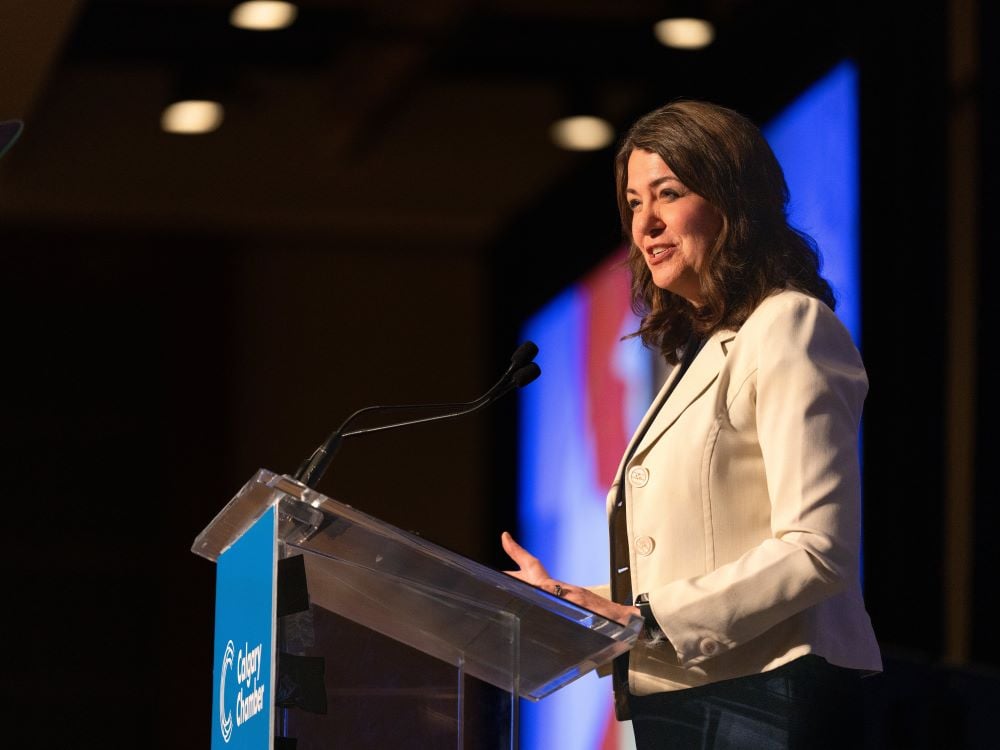
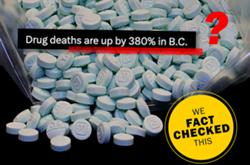

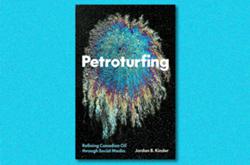



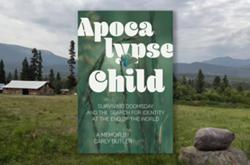



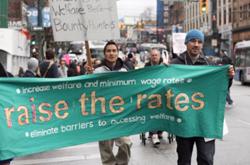

Tyee Commenting Guidelines
Comments that violate guidelines risk being deleted, and violations may result in a temporary or permanent user ban. Maintain the spirit of good conversation to stay in the discussion and be patient with moderators. Comments are reviewed regularly but not in real time.
Do:
Do not: